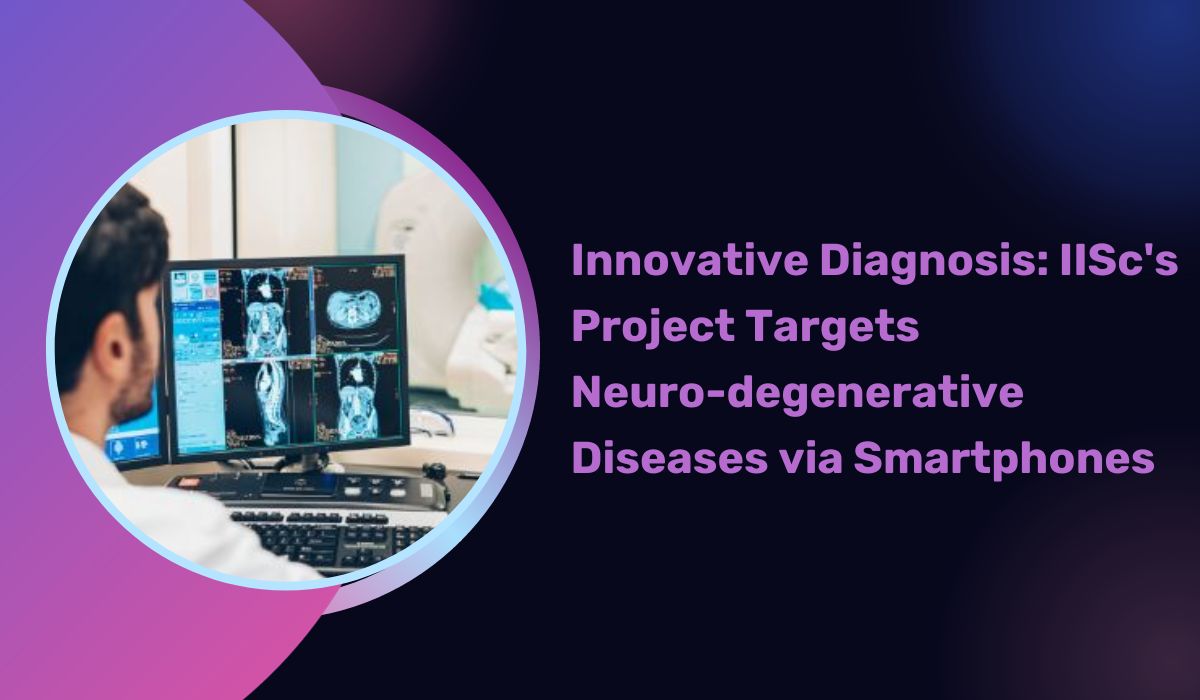
Researchers at the Indian Institute of Science (IISc) have initiated a groundbreaking project in collaboration with Aster CMI Hospitals, aimed at gathering data on prevalent neuro-degenerative disorders. The Learning and Extraction of Acoustic Patterns (LEAP) lab, housed within the Department of Electrical Engineering, is utilizing state-of-the-art machine learning techniques to develop diagnostic models for neurodegenerative diseases.The project strategically leverages the widespread use of smartphones among the population to collect data for various neurodegenerative disorders.
Recognizing the alarming rise in non-communicable neurological disorders in India, with a 10% contribution to total deaths, the team is focusing on early detection to mitigate the increasing burden on healthcare systems.Sriram Ganapathy, Associate Professor in Electrical Engineering and part of the LEAP lab, highlighted the significant delay in patients seeking analysis or scans—often 18 months after the onset of diseases like Parkinson's, Dementia, and ALS, particularly in rural communities. The conventional diagnostic process, involving clinical analysis and expensive MRI scans, faces challenges of cost and limited access to expertise and scanning devices.The research team emphasizes the potential of smartphones to identify neurodegenerative disorders through measurable indicators like facial expressions, speech patterns, gait, and finger movements.
By introducing a screening layer using smartphone technologies, the project aims to provide a cost-effective, user-friendly, and widely deployable tool for early detection.IISc's collaboration with Aster CMI includes medical expertise led by Dr. B. Lokesh, the lead consultant neurologist. The team has sampled around 200 subjects for Parkinson's disease, primarily from the Bengaluru region. The collected data is currently undergoing analysis, marking a significant step toward developing innovative solutions for early diagnosis and management of neurodegenerative diseases.